INTRODUCTION | What to Feed a Cat with Diarrhea and Vomiting
Diarrhea and vomiting are unpleasant experiences for both cats and their owners. Witnessing your feline friend struggle with digestive issues can be concerning, leaving you wondering what caused the discomfort and how to help.
The good news is that dietary adjustments can often play a key role in What to Feed a Cat with Diarrhea and Vomiting, soothing their upset stomach, and getting them back on their paws.
In this guide, we’ll delve into feline digestive health, exploring dietary options to ensure a smooth path to recovery. You can help your cat rehydrate, replenish essential nutrients, and get their digestive system back on track by providing the proper nourishment.
Understanding Cat Digestive Problems
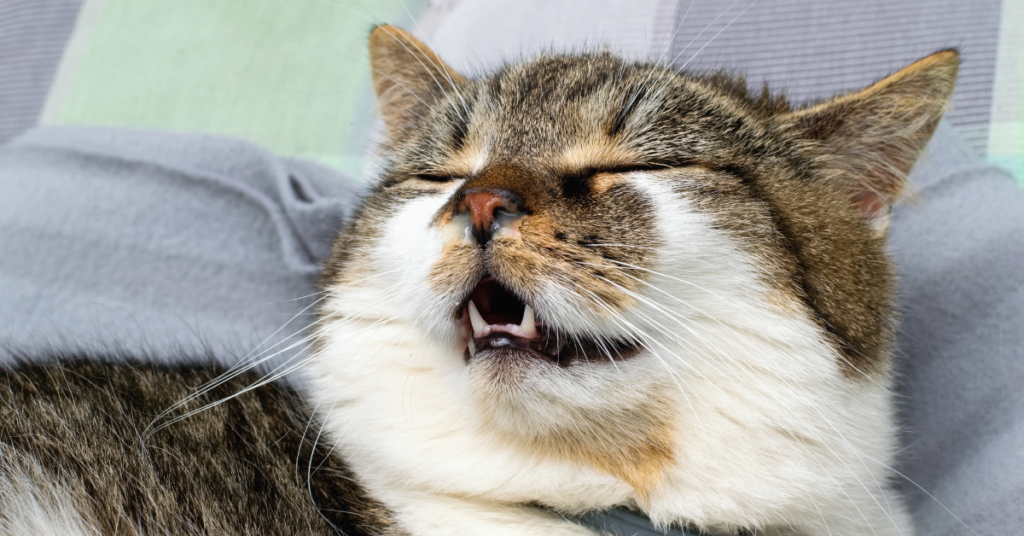
Cats can experience digestive issues for various reasons. Diarrhea and vomiting are not illnesses themselves but rather symptoms of an underlying health problem. The causes can range from dietary indiscretion (cats eating human foods that don’t sit well with them), parasites, and viral or bacterial infections to chronic illnesses like inflammatory bowel disease (IBD) and pancreatitis.
In severe cases, they can also be symptoms of more serious conditions like organ failure or cancer, emphasizing the need to monitor and address these symptoms adequately.
While immediate action is necessary for cases of acute vomiting or diarrhea, understanding why your cat is experiencing these symptoms will help prevent recurrences and ensure long-term health. One significant aspect of managing these issues is to modify your cat’s diet to support their digestive system.
Figuring out what to feed a cat with diarrhea and vomiting is crucial. A bland, easily digestible diet can help soothe their upset stomach and promote healing. In the following sections, we’ll explore specific dietary options and how to transition your cat back to their regular food.
Recommended Diet for Cats with Digestive Problems
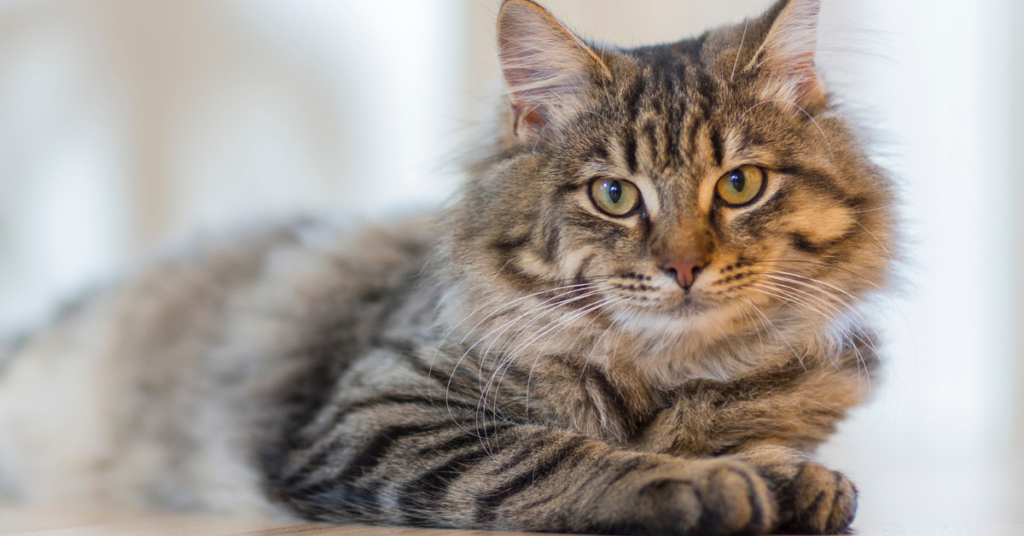
Digestive problems can leave your feline friend feeling miserable, leaving you wondering what to feed a cat with diarrhea and vomiting. Thankfully, dietary adjustments can often be a big step towards soothing their upset stomach and getting them back on their paws. Here are five recommended diet options to consider when your cat is experiencing digestive issues:
Bland Diet Options: During your cat’s digestive recovery, a monotonous diet acts like a soothing reset button for their tummy. This simple meal plan combines an easily digestible carbohydrate, like white rice, with a lean protein source, such as boiled, skinless chicken or hamburger. These gentle ingredients are less likely to irritate your cat’s stomach while providing essential nutrients to aid their healing process.
Veterinary Prescription Diet: During your vet visit, they might suggest a special diet for sensitive stomachs or digestive problems. These veterinary prescription diets are often formulated with lower fiber and fat levels, making them gentler on your cat’s digestive system and more manageable to absorb nutrients from.
High-Quality Protein Sources: Incorporating high-quality, easily digestible proteins into your cat’s diet is essential. Look for options like plain, cooked chicken, turkey, or fish. These lean protein sources pack crucial amino acids, the building blocks for repair and overall health. Additionally, their gentle nature helps minimize further irritation to your cat’s sensitive digestive system.
Probiotics and Prebiotics for Gut Health: Modern pet food formulations and supplements increasingly incorporate probiotics and prebiotics to give your cat’s digestive health a helping paw. Probiotics, beneficial bacteria that are alive, uphold a healthy balance of gut flora, akin to a miniature army ensuring proper regulation.
On the other hand, prebiotics act as a food source for these good bacteria, fostering their growth and promoting a thriving digestive ecosystem. This powerful combination can be especially beneficial for cats experiencing chronic digestive issues by restoring balance and promoting overall gut health.
Smaller, More Frequent Meals: Ditch the bulky meals! To ease digestion and reduce stress on your cat’s tummy, try splitting their daily food allowance into smaller, more frequent portions. This way, their digestive system can process the food gradually, leading to a calmer and more comfortable recovery.
Remember: Consult your veterinarian is crucial before implementing any dietary alterations, particularly for severe or persistent digestive problems. They can pinpoint the underlying issue and suggest the best fixes.
Feeding Guidelines | What to Feed a Cat with Diarrhea and Vomiting
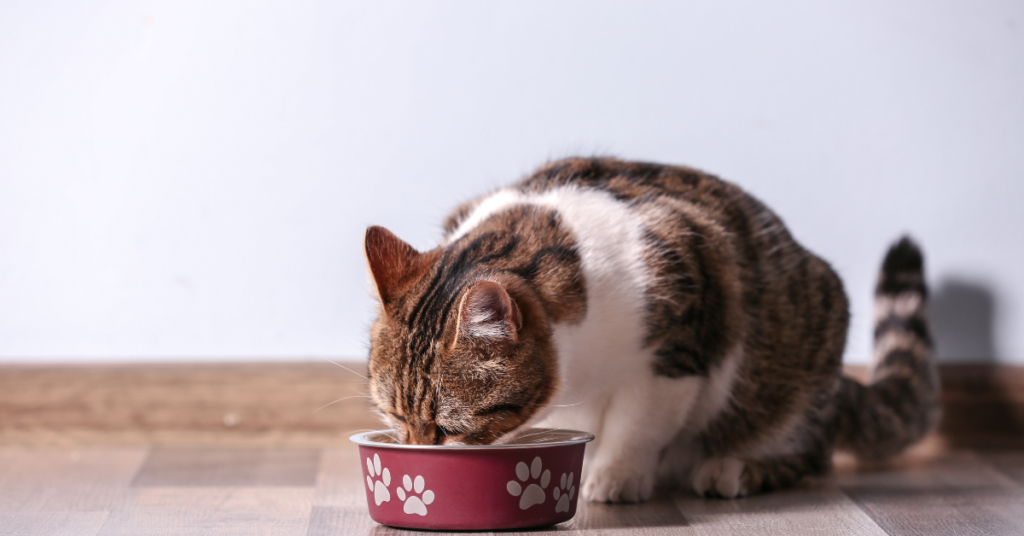
Frequency of Feeding: When your cat’s on the road to recovery, ditch the big meals and opt for frequent mini-meals instead. This gentle approach helps avoid overwhelming their stomach and intestines, reducing the risk of further vomiting or diarrhea. By providing smaller portions more often, their digestive system can process the food gradually, promoting a smoother recovery.
Water Intake Importance: Diarrhea can quickly zap your cat’s fluids, so monitoring their water intake is crucial for recovery. Fresh, clean water should always be readily available. If your feline friend seems hesitant to drink, try enticing them with a shallow dish or offer some tasty, cat-safe broth or moistened wet food. This extra hydration helps replenish lost fluids and promotes a smoother healing process.
Off-Limits Foods for Feline Tummies
While we’ve explored recovery options, knowing what to avoid when your cat has digestive issues is equally important. Certain foods can further irritate their sensitive stomachs, so keep these off the menu:
Fatty or Rich Foods: Fatty cuts of meat, fried foods, and dairy products can overwhelm your cat’s digestive system and worsen diarrhea.
Raw or Undercooked Meats: Raw meat can harbor harmful bacteria like Salmonella or E. coli, leading to further digestive upset.
Table Scraps: People usually add spices and other ingredients that can upset your cat’s stomach when seasoning food for humans. Stick to their regular diet or veterinarian-approved options.
Sudden Diet Changes: Introducing new foods during digestive issues can be disruptive. Wait until your cat recovers entirely before making any dietary changes.
Always consult your veterinarian for the best advice if you need clarification on a particular food.
Home Remedies and Additional Tips
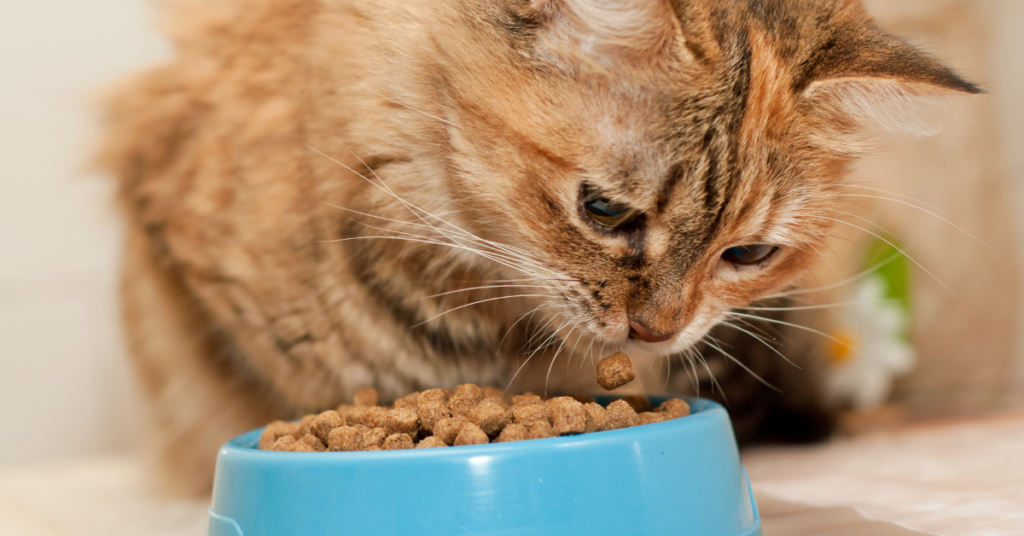
Pumpkin Power for Feline Tummies! Facing feline digestive woes? Look no further than the humble pumpkin (plain puree, not pie filling!). Because it is high in fiber, pumpkin can help your cat’s stool naturally firm up. For the average-sized feline friend, a teaspoon or two mixed into their food can provide a gentle yet effective boost on their path to recovery.
Delectable Broth: Hydration and Nutrients in a Bowl! Bone broth can be a delicious weapon for keeping your cat hydrated during digestive troubles. Not only is it gentle on their tummy, but it’s also packed with protein, providing a welcome nutritional boost. The best part? You can whip up a batch at home using pet-safe ingredients, offering your recovering feline friend a comforting and hydrating treat.
Reuniting Your Cat with Their Regular Food (Slowly!)
As your furry friend bounces back, it’s time to reunite them with their regular food. But hold on to the kibble avalanche! To avoid another tummy rumble, reintroduce their usual diet slowly. Over a few days, gradually mix increasing amounts of their old food with the bland diet they’ve been on. This gradual shift prevents setbacks by allowing their digestive system to acclimate comfortably.
When to See the Vet: Don’t Wait if These Signs Appear
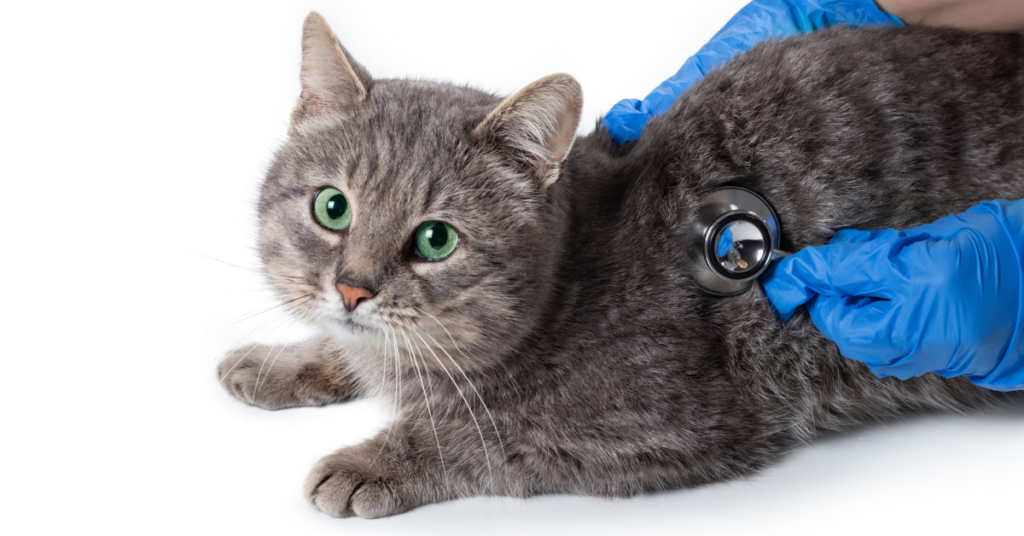
While occasional vomiting or diarrhea might not be a cause for immediate alarm, it’s essential to monitor your cat closely. However, some symptoms require a swift trip to the vet. Here’s when to seek professional help without delay:
Red Flags: Blood in vomit or stool, lethargy, intense pain, or extreme dehydration.
Refusal to Eat or Drink: A vet visit is crucial if your cat completely ignores food and water for more than a day.
Unusual Severity: Persistent vomiting or diarrhea warrants a veterinary checkup, especially if it’s more severe than usual.
Recall that prompt intervention can significantly impact your cat’s recovery. If unsure, consulting your veterinarian is always the safest option for your feline friend’s well-being.
Don’t Ignore Persistent Issues: Working with Your Vet for Long-Term Health
For chronic vomiting or diarrhea, tackling the root cause is vital. Partnering with your veterinarian allows you to uncover the underlying issue behind your cat’s discomfort. Early diagnosis, especially for severe conditions like inflammatory bowel disease (IBD), can prevent future complications and ensure your feline friend gets the long-term care they need. Through a personalized management plan created by your vet, you can empower your cat’s digestive health and keep them feeling perfect!
Conclusion: The Road to Recovery: Keeping Your Cat’s Tummy Happy
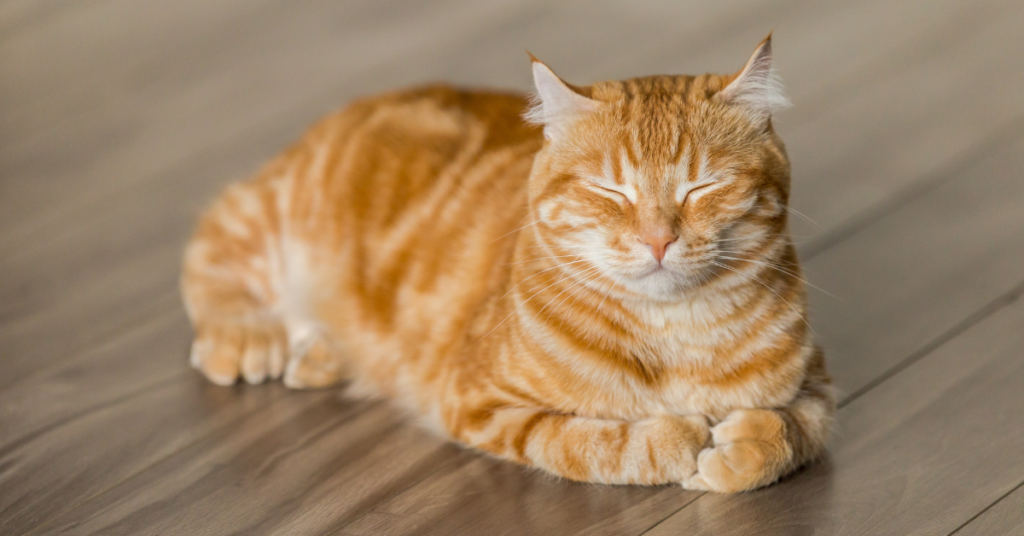
Every cat owner should have a pawprint on this essential skill: understanding how to feed a cat with diarrhea and vomiting. By gaining knowledge about your cat’s digestive system and following smart feeding guidelines, you can be a hero in their recovery journey from these common issues.
But remember, home remedies and dietary tweaks never replace professional veterinary help. Keep a watchful eye on your cat’s health, and don’t hesitate to seek a vet’s advice for the best outcome. A healthy diet is a perfect start, but it’s just one piece of the puzzle. Regular exercise, mental stimulation, and routine vet checkups are all vital for your feline friend’s overall well-being.
I would like to add here in addition that Armed with this knowledge, you’re well-equipped to navigate your cat’s occasional digestive woes. Remember, a bland diet, close monitoring, and a trip to the vet for persistent issues are the keys to a happy and healthy feline friend. So go forth, conquer those tummy troubles, and get back to enjoying those purrfect cuddles!
Hope you like this post if you find it valuable get more for your furry friends: Read More
FAQs:
1. What’s the best food for my cat with diarrhea and vomiting?
The best food for your cat depends on the severity of their condition. Generally, a bland diet like boiled chicken or white rice with a little water is a good starting point. Your veterinarian might also recommend a special prescription diet formulated for sensitive stomachs.
2. How often should I feed my cat if they’re vomiting or having diarrhea?
Ditch the big meals! Instead, offer smaller, more frequent portions throughout the day. This eases digestion and reduces stress on their tummy. Talk to your vet about the ideal feeding schedule for your cat’s specific needs.
3. My cat won’t eat anything! What should I do?
Loss of appetite can be concerning. If your cat refuses food for more than a day, consult your veterinarian immediately. They may recommend appetite stimulants or intravenous fluids to keep your cat hydrated and nourished.
4. What foods should I avoid giving my cat with digestive issues?
Steer clear of fatty or greasy foods, dairy products, raw meat, and table scraps. These can further irritate their sensitive digestive system. Stick to a bland diet or veterinarian-approved options until your cat recovers completely.
5. When should I take my cat to the vet for vomiting and diarrhea?
Don’t wait if you see blood in their vomit or stool, extreme lethargy, intense pain, or severe dehydration. Persistent vomiting or diarrhea, especially if it’s worse than usual, also warrants a veterinary visit. Early intervention can make a big difference in your cat’s recovery.
